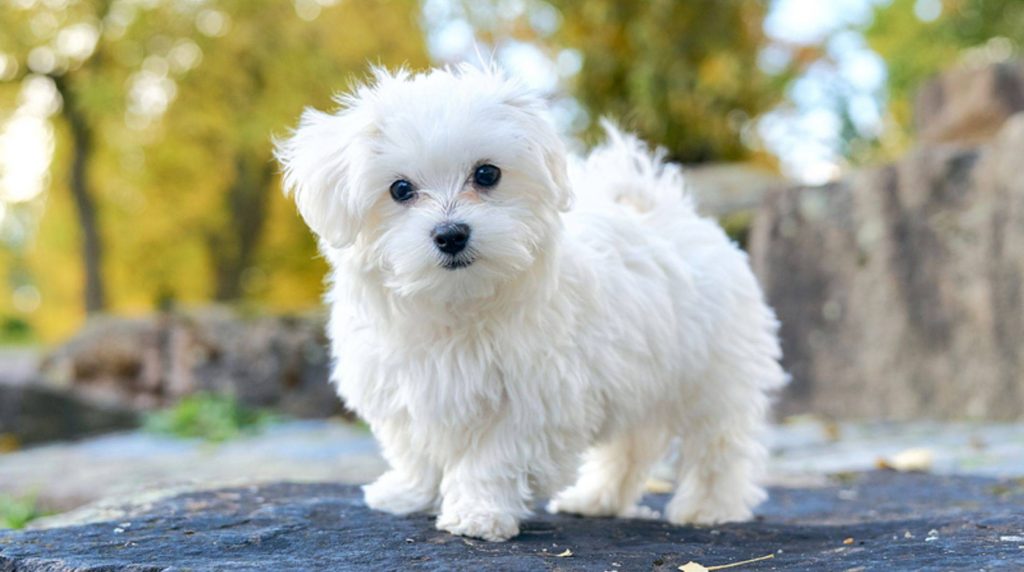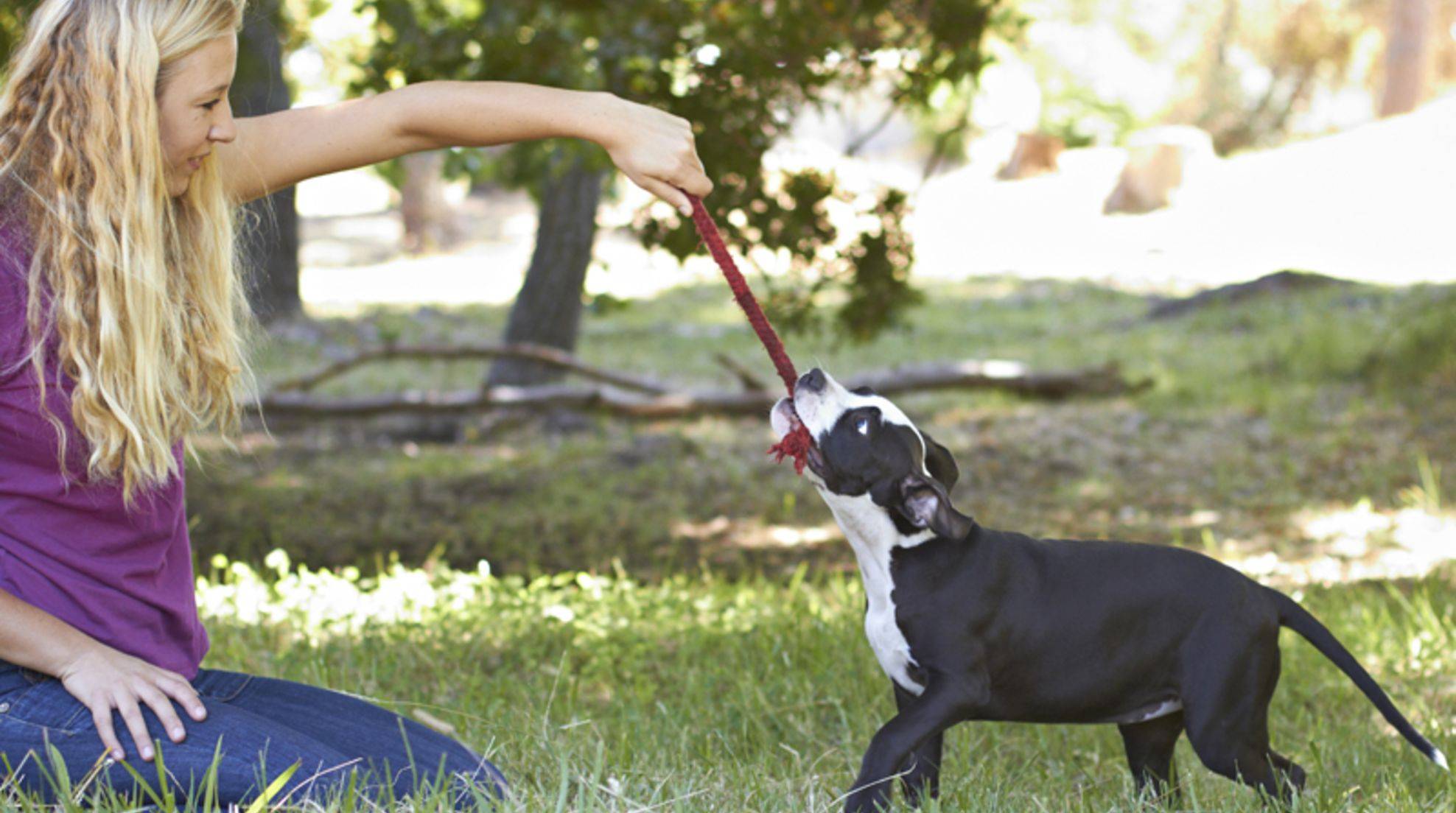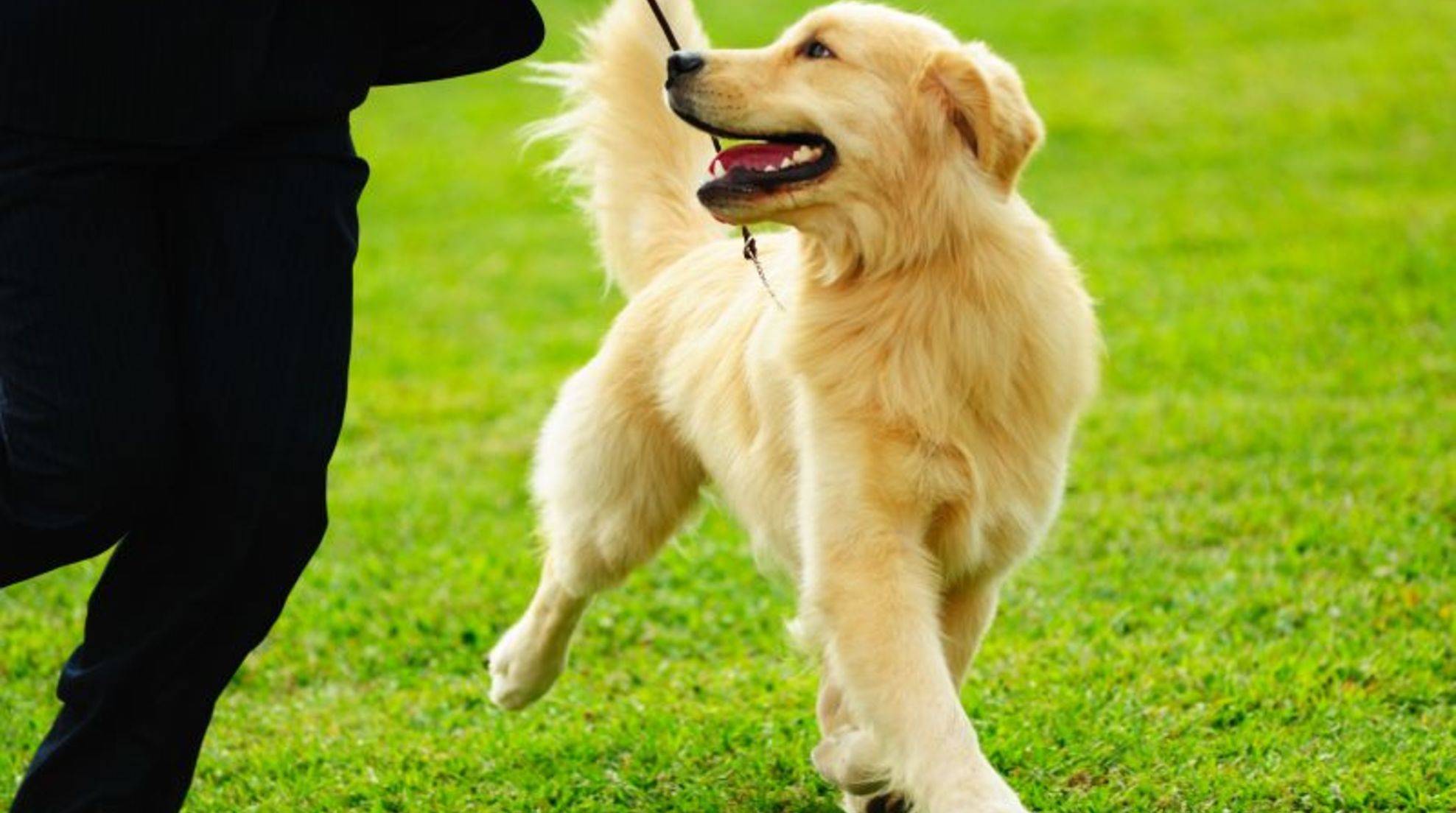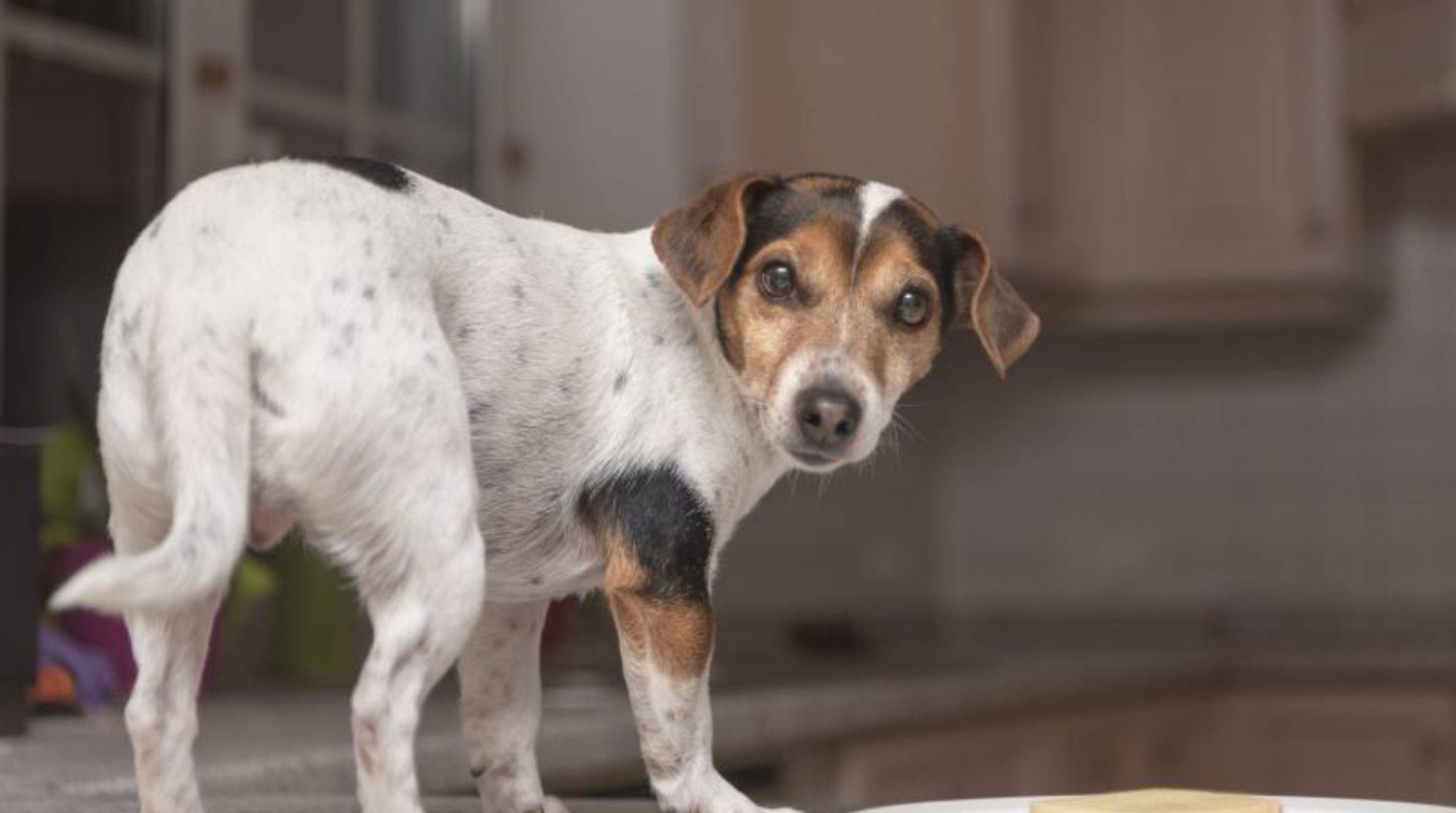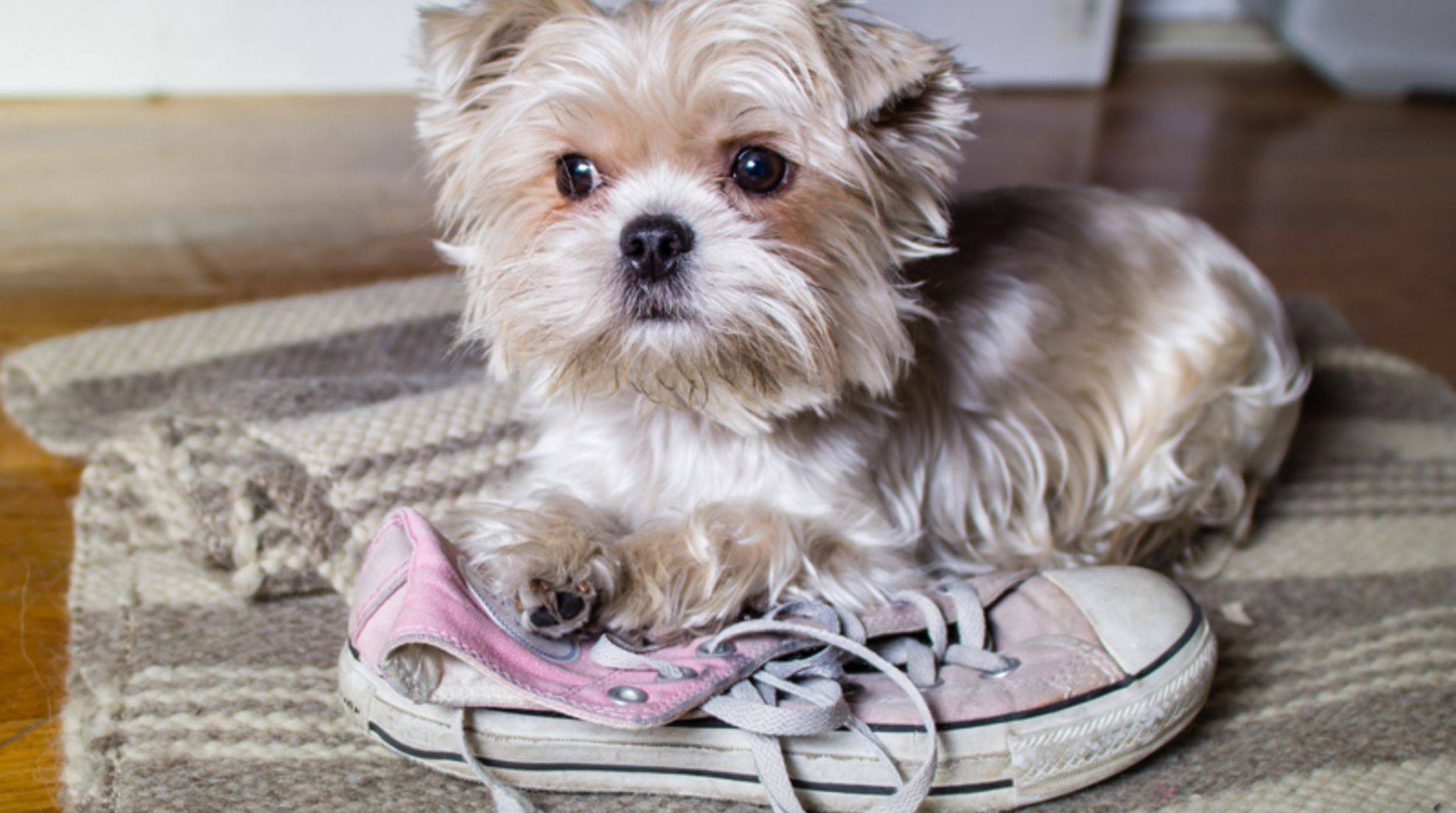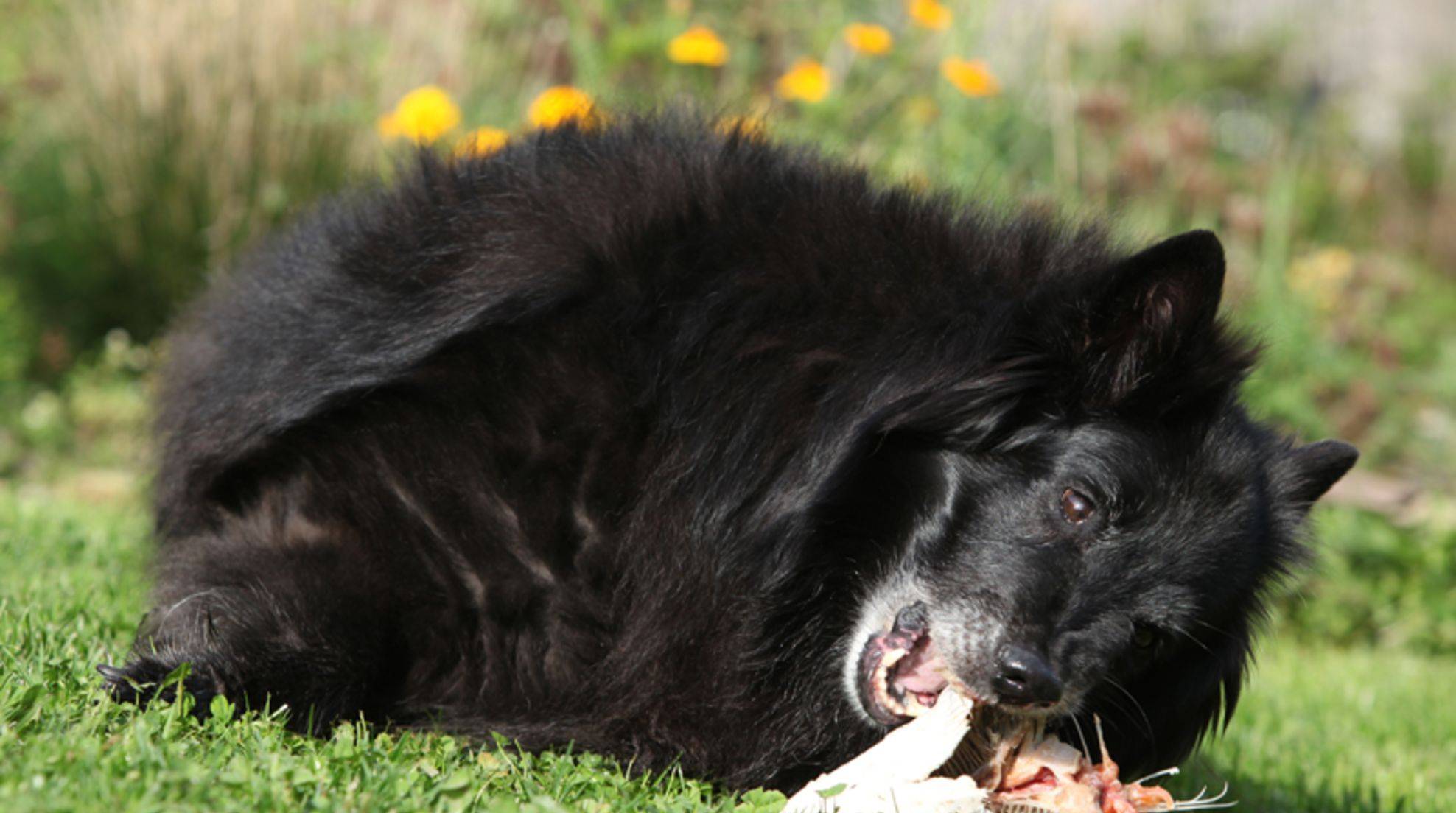Maltese dogs: 6 facts about the small dog breed
Maltese dogs are considered to be an affable dog breed, suitable even for beginners and older people. The little four-legged friends are smart, playful and enchant their favorite people with their sunny disposition. What other facts are there about the white fuzzies, you can read here.
How long Maltese dogs have existed is not clear beyond doubt, but it is believed that the dog breed is one of the oldest in Europe. Indications that at least ancestors of the Maltese lived 1,300 years before Christ in ancient Egypt, provided excavations at the tomb of Pharaoh Ramses II. dog statues made of natural stone showed great resemblance to today’s specimens.
- maltese dogs do not come from the island of Malta
It is certain that Maltese dogs do not come from the island of Malta, as the name of the dog breed suggests. The name has its origin in the Semitic word “màlat”, which can be translated as port and refuge. It became the adjective “maltais” and various place names for islands and cities in the maritime area, for example, the name for the Adriatic island of Méléda as well as the city of Melita in Sicily. Also the name origin of Malta comes from it – so there is at least an indirect connection between it and the small Maltese dogs.
- dog breed used to be a mouse hunter
The reason why the dog breed has a maritime name is that Maltese dogs used to be common in harbors and coastal towns. There, their task was to drive away mice and rats. The Maltese did not become a companion and social dog until the Renaissance in the 15th and 16th centuries, when he was kept mainly as a lap dog. He kept company with fine ladies and also had a less praiseworthy task: due to his higher body temperature, he attracted fleas, which in turn did not pester his owner.
- maltese dogs do not like to be alone
Nowadays, fortunately, he no longer has to serve as a “flea magnet”, but the Maltese dog has nevertheless retained his attachment and human kindness over the centuries. However, this means that Maltese dogs bond strongly with their favorite humans and are sad when they have to stay alone.
They like to be everywhere, which fortunately is usually easy to do due to their small body size and friendly disposition. Towards strangers, the little four-legged friends are often skeptical at first and show themselves distant. They then need a little time to thaw out and decide whether they find the unknown biped sympathetic.
- maltese do not educate themselves
Maltese dogs have not retained much of their original purpose as mouse hunters – their hunting instinct is very weak or almost non-existent. Since they were and are bred as companion dogs for humans, they are also very open to working with them. This makes training the Maltese comparatively easy. Nevertheless, this does not mean that this breed does not need education and is naturally well-behaved – its representatives are still normal dogs. Maltese dogs, if they are not educated, easily become yappers, especially towards strangers. Therefore, from the very beginning you should teach the four-legged friends important commands and clear rules, what they can and cannot do.
- dog breed is playful, intelligent and eager to learn.
However, the Maltese’s eagerness to learn and intelligence make its upbringing immensely easier. He is also very playful, so you can teach him not only the most important commands, but also tricks. Although the little dog does not need long walks and physically demanding sports and training sessions, he is happy to be occupied in a way that is appropriate for his abilities. Leisurely walks with play breaks – both with humans and conspecifics – and dog sports that challenge his intelligence are optimal for him.
- maltese dogs are robust and long-lived
With good care, Maltese dogs can live 15 to 18 years. They are considered to have little susceptibility to diseases typical of the breed – only patellar luxation can occur and the eyes are somewhat sensitive. Be sure to groom your Maltese’s coat daily and pay an occasional visit to the groomer.

